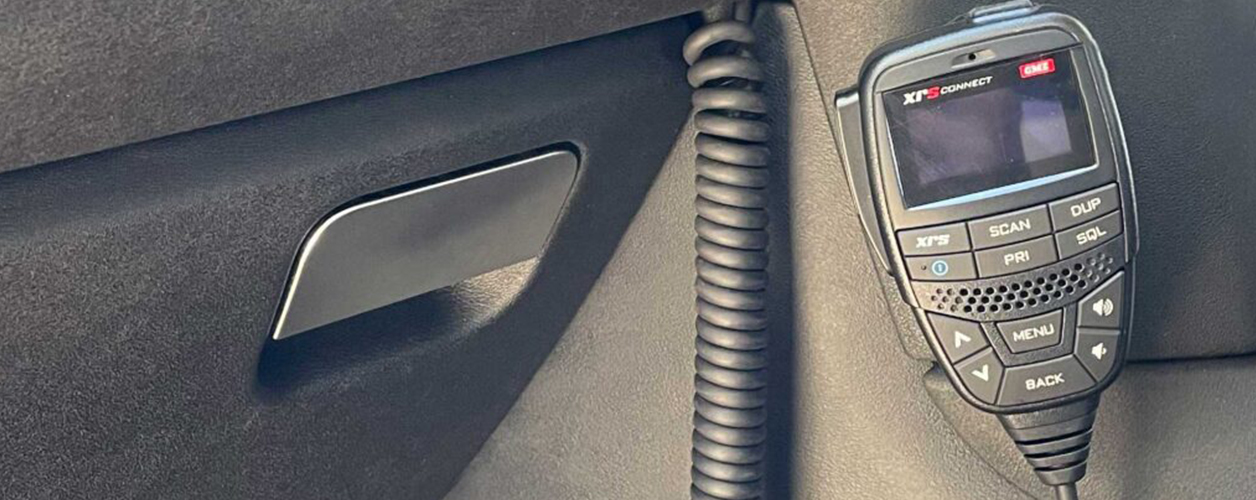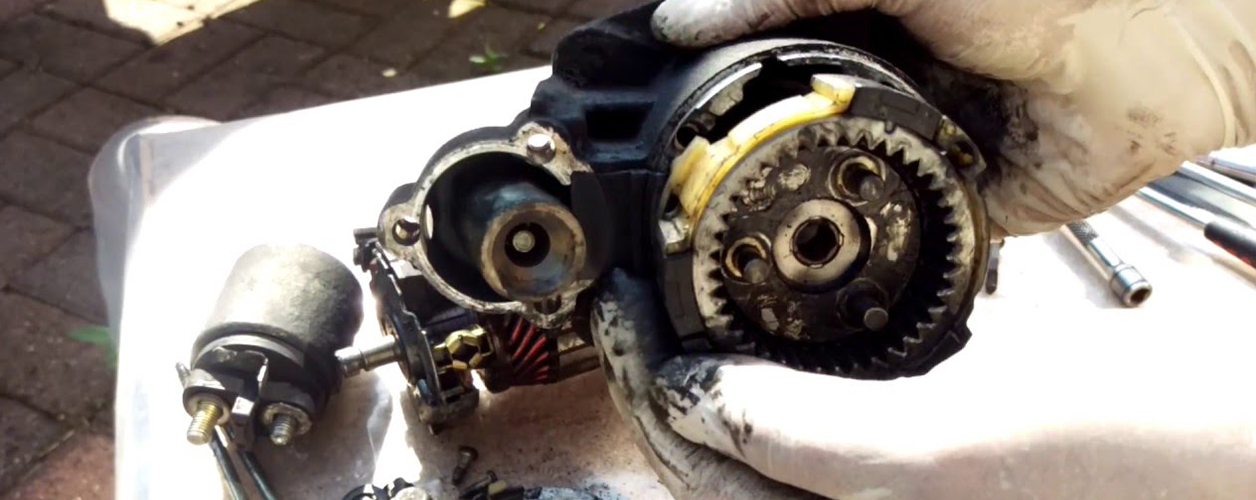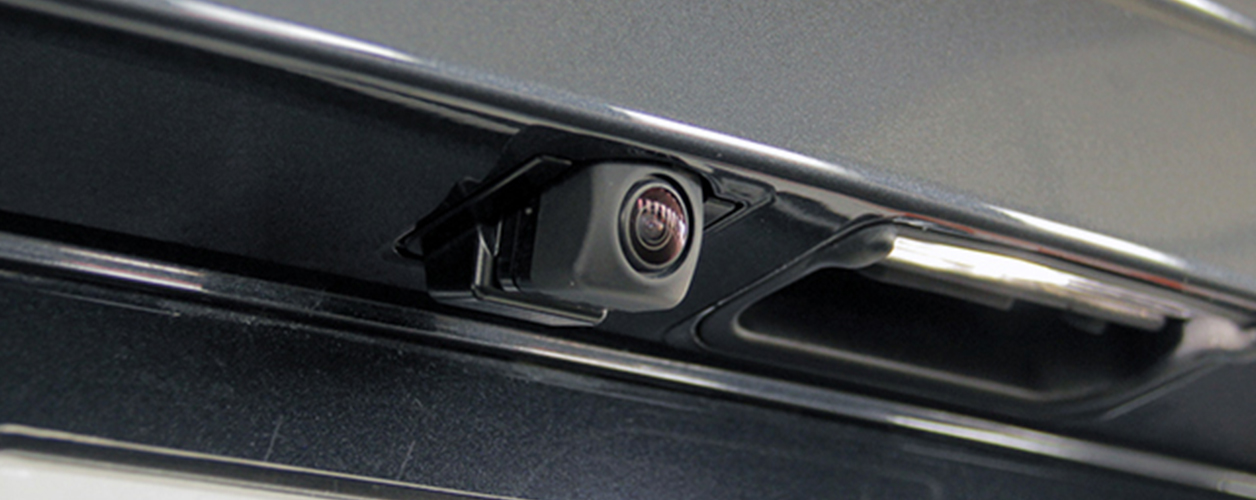Get free quotes within minutes
Car Care Basics for New Buyers
New car owners embark on a journey of car care essentials with this insightful guide. Stressing the significance of maintenance for longevity, safety, and performance, it covers establishing a maintenance schedule, DIY tips, and signs of potential issues. The importance of professional inspections is highlighted, emphasizing the role of certified technicians in comprehensive care. A must-read for preserving the value and joy of vehicle ownership.

Purchasing a car is a significant investment, and ensuring its longevity and optimal performance requires diligent care and maintenance. For new car owners, understanding the fundamentals of car care is essential not only for preserving the vehicle's value but also for safety and reliability on the road. This guide aims to provide new buyers with practical insights into car care basics to help them navigate the maintenance journey smoothly.
Importance of Car Care
Before delving into specific maintenance tasks, it's crucial to understand why car care matters. Proper maintenance not only prolongs the lifespan of your vehicle but also enhances its performance, safety, and fuel efficiency. Additionally, regular maintenance can help prevent costly repairs down the road and maintain the car's resale value.
Establishing a Maintenance Schedule
Creating a regular maintenance schedule is the foundation of effective car care. Here's a breakdown of essential maintenance tasks and their recommended frequencies:
- Oil Changes: Regular oil changes are vital for lubricating engine components and ensuring smooth operation. Aim for an oil change every 5,000 to 7,500 miles, depending on your vehicle and driving conditions.
- Fluid Checks: Monitor fluid levels, including coolant, brake fluid, transmission fluid, and windshield washer fluid, regularly. Top up fluids as needed and schedule flushes or replacements according to your vehicle's maintenance manual.
- Tire Maintenance: Check tire pressure monthly and rotate tires every 5,000 to 7,500 miles to promote even wear. Inspect tires for signs of damage or uneven tread wear and replace them when necessary.
- Brake Inspections: Have your brakes inspected at least once a year or as recommended by your mechanic. Promptly address any squealing noises, vibrations, or brake pedal pulsations, as these could indicate brake issues.
- Filter Replacements: Replace air filters every 12,000 to 15,000 miles and cabin air filters as needed. Clean or replace dirty filters to ensure optimal engine performance and air quality inside the vehicle.
DIY Maintenance Tips
While some maintenance tasks require professional expertise, there are several DIY tasks that new car owners can perform:
- Regular Washing: Keep your car clean by washing it every few weeks to remove dirt, grime, and road salt. Use a mild detergent and microfiber cloth to prevent scratches and maintain the vehicle's appearance.
- Interior Cleaning: Vacuum the interior regularly to remove dust, debris, and food crumbs. Wipe down surfaces with a damp cloth and use a suitable cleaner for upholstery and carpets.
- Inspecting Lights: Check all exterior lights, including headlights, taillights, turn signals, and brake lights, for proper operation. Replace any bulbs that are dim or burnt out promptly.
- Battery Care: Inspect the battery terminals for corrosion and clean them with a mixture of baking soda and water if necessary. Ensure that the battery is securely mounted and have its voltage checked periodically.
- Maintaining Fluid Levels: Learn how to check fluid levels such as engine oil, coolant, and windshield washer fluid. Refer to your vehicle's owner's manual for guidance on locating and inspecting these fluids.
Signs of Potential Problems
Being attentive to your car's behaviour can help you identify potential issues early on, preventing more significant problems down the line. Here are some common warning signs to watch out for:
- Unusual Noises: Pay attention to any unusual sounds such as grinding, squealing, or knocking, which could indicate issues with the engine, brakes, or suspension.
- Dashboard Warning Lights: Take dashboard warning lights seriously and address them promptly. Common warning lights include the check engine light, battery light, and ABS light, among others.
- Vibrations or Handling Issues: Vibrations felt through the steering wheel or unusual handling characteristics could signify problems with the tires, suspension, or alignment.
- Fluid Leaks: Keep an eye out for fluid leaks underneath the vehicle, which could indicate leaks in the engine, transmission, coolant system, or brake system.
Professional Car Maintenance and Inspections
While DIY maintenance is valuable, certain tasks are best left to trained professionals. Schedule regular inspections and tune-ups with a trusted mechanic to ensure comprehensive maintenance and early detection of potential issues.
- Scheduled Maintenance: Follow the manufacturer's recommended maintenance schedule outlined in your vehicle's owner's manual. Professional technicians can perform comprehensive inspections and address specific maintenance requirements based on your car's make, model, and mileage.
- Diagnostic Services: If you experience persistent issues or warning signs, seek professional diagnostic services to identify the root cause of the problem accurately. Modern vehicles feature complex onboard diagnostic systems that can pinpoint issues with precision.1
- Certified Technicians: Choose a reputable auto repair shop with certified technicians who have the expertise and experience to service your vehicle properly. Look for certifications such as ASE (Automotive Service Excellence) to ensure quality service.
Conclusion
Car care is an essential aspect of vehicle ownership, and new buyers can benefit greatly from understanding the basics of maintenance and upkeep. By establishing a regular maintenance schedule, performing DIY tasks, staying vigilant for warning signs, and seeking professional assistance when needed, new car owners can ensure their vehicles remain safe, reliable, and enjoyable to drive for years to come. Remember, a little care and attention can go a long way in preserving the performance and value of your investment.
YOU MIGHT ALSO BE INTERESTED IN

Ultimate Guide To UHF Radio Installations: Top Trends And Best Practices

A Step-By-Step Starter Motor Repair Guide For DIY Enthusiasts











